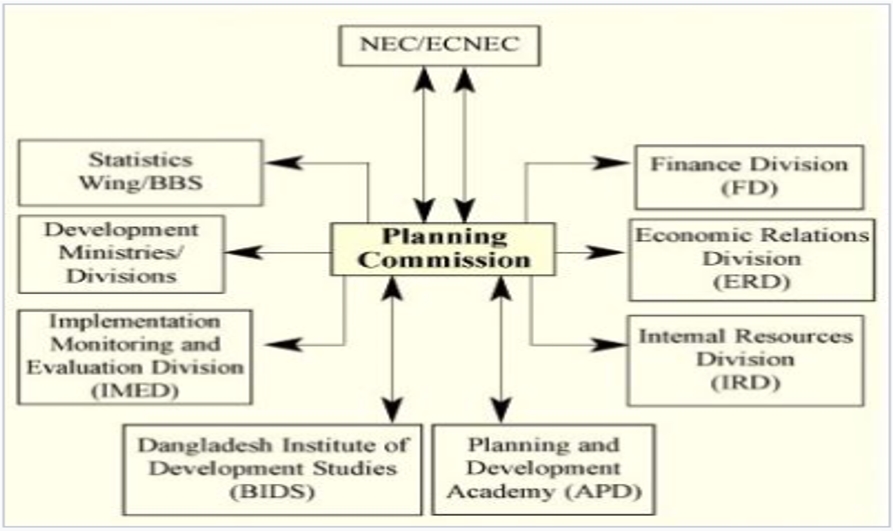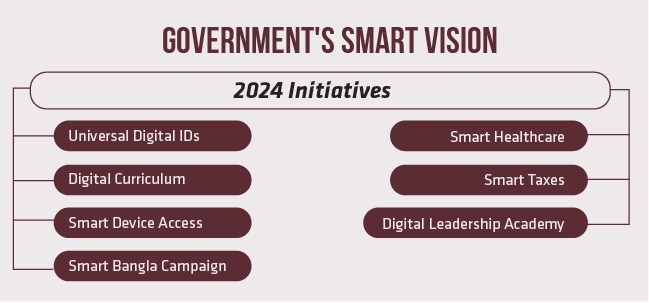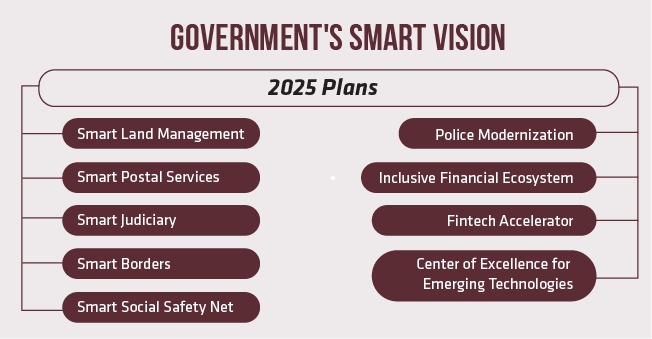Prime Minister and Awami League President Sheikh Hasina stated that no one will be able to hinder the progress on the path to prosperity in Bangladesh. In a recent Bangladesh Planning Commission meeting, Prime Minister Sheikh Hasina reiterated the importance of completing ongoing development projects promptly and scrutinizing new schemes thoroughly. She emphasized the need for a focused approach, urging authorities to expedite projects that require less cost for quicker benefits. Furthermore, she announced the establishment of a high-level committee, headed by the Principal Secretary of the Prime Minister’s Office, to oversee foreign-funded projects and prevent unnecessary delays.

Efficiency for Maximum Benefits
- Emphasis on swiftly completing ongoing development projects.
- Call for meticulous scrutiny before initiating new schemes
- Stress on swift project completion for maximum benefits
- Importance of avoiding unnecessary delays in project implementation
Timely Completion of Ongoing Projects
The Planning Commission functions as a professional body to identify ongoing projects to complete swiftly with minimal costs to maximize economic benefits. Prime Minister Sheikh Hasina urged the relevant authorities to prioritize the timely completion of existing development projects and to initiate new schemes only after careful scrutiny.
You can also read: Govt Greenlights Massive Procurement of Fertilizer and LNG
In anticipation of the fiscal year 2023-24, the upcoming national budget, crafted under the slogan “Across the long journey of development, towards Smart Bangladesh,” is set to incorporate 40 new mega projects. Finance Ministry sources indicate that deadlines for the execution of these 40 new mega projects have been established for 2025, 2031, and 2041, encompassing short-, medium-, and long-term projects.
The vision for Smart Bangladesh outlined in the budget blueprint adopts a tech-driven approach, aiming to establish an inclusive digital society.

Scrutiny and Evaluation of Mega Projects
In her address, Sheikh Hasina cautioned against unnecessary large-scale development projects. She advocated for a meticulous scrutiny process, taking into account factors such as the project’s necessity for a specific area, its accessibility to the people, and its potential contribution to the economy.
Looking ahead to 2024, the government aims to introduce universal digital IDs, a digital curriculum, smart device access, a smart Bangla campaign, smart healthcare, smart taxes, and a digital leadership academy. Furthermore, by 2025, plans are in place to implement smart land management, smart postal services, a smart judiciary, smart borders, a smart social safety net, police modernization, an inclusive financial ecosystem, a fintech accelerator, and a center of excellence focused on emerging technologies.


Strategic Planning for Bangladesh’s Future
Strategic planning is an ongoing process in which an organization maps out its future trajectory by engaging all stakeholders to evaluate current circumstances and articulate a vision for the future. This comprehensive approach involves meticulously examining the organization’s strengths, weaknesses, available resources, and potential opportunities.
At present, the nation is well-positioned to pursue the ambitious goal of achieving a poverty-free and advanced economy by the year 2041. While the challenges ahead are substantial, they are not insurmountable. Bangladesh’s remarkable track record serves as a testament to its capabilities.
Prime Minister Sheik Hasina has urged the Planning Commission to align their strategies accordingly with the vision of transforming Bangladesh into a developed, prosperous, and smart country by 2041. She stressed the importance of carefully addressing the challenges anticipated after Bangladesh’s expected graduation as a developing nation in 2026. The country is dedicated to attaining the Sustainable Development Goals (SDGs) by 2030 and reaching developed status by 2041. Encouraging collective efforts for both employment and self-employment has become crucial. The transformation of unemployed youth into a skilled workforce through training and the creation of employment opportunities is now a priority.
Conclusion
Expressing gratitude to the citizens of Bangladesh, the prime minister acknowledged their trust by reelecting her to serve as the Prime Minister.
“I am truly grateful to the people for repeatedly entrusting me with their votes,” she remarked.
Sheikh Hasina affirmed that the government, under her leadership, is embarking on a new journey to fulfill the incomplete objectives set by the Father of the Nation, aiming to provide the people with an enhanced and improved quality of life.


